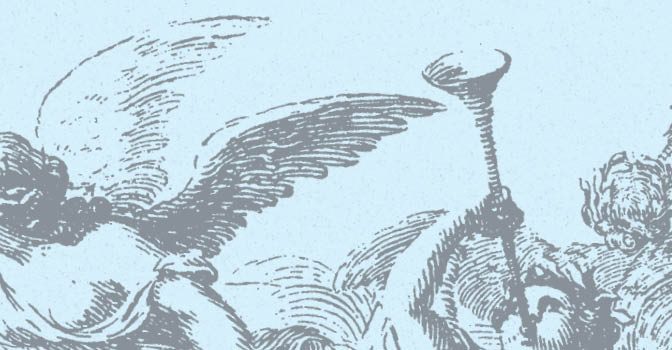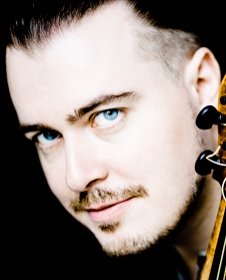When Nancy suggested going to hear the Seattle Symphony perform Messiah on our birthday, I was not excited. I have heard Messiah many times–possibly enough for a lifetime, and didn’t particularly relish the thought of adding a symphonic rendition to the many dull performances already in my memory.
However, when conductor Dmitry Sinkovsky appeared on stage and began the overture faster than I’ve ever heard it, it made me sit up and take notice. The performance was clean, crisp, and exciting, with a strong pulse of one beat per measure. The string players followed his lead well, with perfect intonation and phrasing.
Having established his reputation as a conductor, in my mind at least, Sinkovsky then proceeded to sing the counter tenor role beautifully, and played solo violin as well, and exquisitely. In his various performance roles, he still led the orchestra, not with his hands, but with his music.

When the choir began “And He shall Purify,” I was a little apprehensive, but the choir stayed with him–with perfect elocution, pitch, and phrasing, the difficult fast moving polyphonic runs leading up to the burst of homophonic “That they may offer unto the lord…” . Transcending the printed notes, the musicians were able to invoke images of fiery currents blowing up into a wall of flame. The audience clearly felt it. Even I felt it, and I have essentially no spiritual inclination.
In his interpretation of Messiah, Dmitry Sinkovsky was in charge. He was not worried about whether the singers would keep up with him–he knew that they would. He was not worried about producing exactly the same effect as the rehearsal, and I doubt if he cared much about what other conductors would do. He had mastered the music, and was able to make it come alive, to speak to the audience through the performers in a way that captivated even yours truly, who normally can’t sit in one place more than an hour.
Organists and organs are facing some difficult times. Classical performers, in general, are having a hard time attracting audiences. Even fewer people are motivated to attend organ recitals. Church attendance is declining nationwide, and praise bands are replacing organists in many of those churches that are still hanging on. And, I would have to agree, why bother to go to a concert if it doesn’t offer anything more than a recording would, if even that much?
In many ways, organists are facing a tougher battle than other musicians when it comes to attracting and pleasing audiences. The organ is relatively more obscure than the piano or the orchestra. Its long association with the church has been protective in the past, but may be a liability in the future. Organists are often unseen while playing, making it harder to establish a rapport with the audience.
Yet there are lessons we can take from Maestro Sinkovsky. I would summarize them as:
- Play with confidence. One of my favorite memories as a resident in pathology was a sign on an office door that read, “Not always right, but always sure.” Make your musical decisions and stick to them.
- Play with passion. Even though you may not be visible, your excitement about the music and desire to share it should shine through the rukwerk or whatever else might be between you and the audience. If the organist is bored or nervous, the audience is going to be bored or nervous. If the organist is passionate, the audience will follow.
- Do not worry about whether your teacher would approve of your playing. The purpose of your musical education was to teach you how to think, and that is what you should now be doing. The only way you can accomplish goals 1 and 2 is by being musically true to yourself. You cannot play well if you are primarily concerned about what other organists will think.
- Do not worry so much about what deceased organists would think either. In the case of The Messiah, the historically accurate performance practice was one of the major factors in its success, and that may often be the case. It would be a mistake, however, to put a pedantic desire for historical accuracy above musicality. Organists in the sixteenth century probably placed musicality above all else, and we should also, and for the same reasons. The audience is paying the bill.
So here’s a New Year’s resolution for organists worldwide: Let’s use some of that practice time to look at the big picture–to develop an understanding of the music and a strategy for conveying that understanding to the audience. Move past the notes. Master the music, and let the audience know that you’re in charge. Play with passion. Speak to the audience through your playing. Give them something they can’t get from a recording, or from watching TV. Let’s make the organ sing in 2019!


